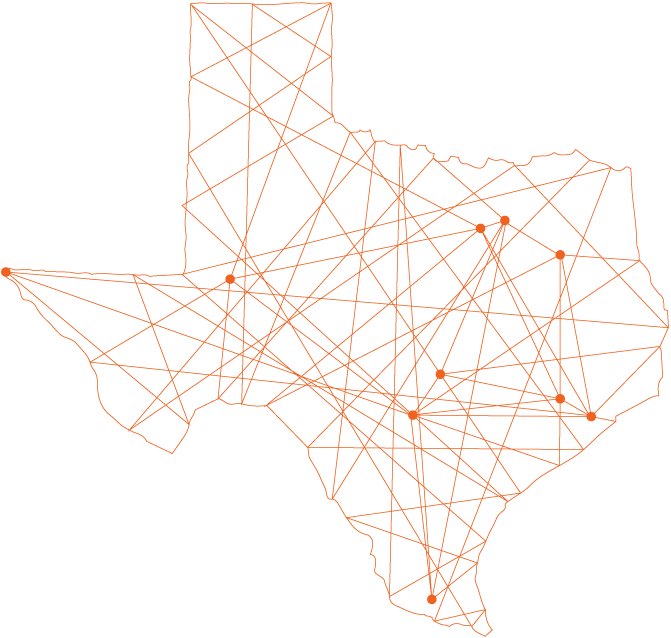

Pre-hospital Care – Research focused on trauma care prior to a patient’s arrival to a hospital.
Innovative and Novel Surgical Support Technologies – Research and technologies that can treat life-threatening injuries of patients who are delayed in receiving definitive surgical care.
Innovative and Novel Devices, Drugs and Therapies – Research and technologies to treat trauma/combat casualty-induced injuries.
Clinical Practice Techniques – Research focused on expanding the scope, speeding the progress, or increasing the efficiency of active trauma/combat casualty research. Improvement of capabilities and partnerships for conducting multi-center, longitudinal, FDA regulated and non-regulated trauma clinical trials.
Trauma System Registries and Information Management – Research designed to assess current trauma care and recovery procedures (e.g. registries, existing data sources). Development of methods to improve coordination of the digital and remote-based patient data capture and collection.
Advanced Complex Wound Management – Research and development of therapies and solutions for traumatic injuries, such as complex burn, soft tissue, open fracture, penetrating torso and brain injury.
Clinical Research: research supported by substantial preliminary or published data.
Early Career Mentored Research: research that is innovative and in the early stages of idea development or is an untested theory that addresses an important problem associated with trauma.
Pre-Clinical Translational Research: research that is supported by substantial preliminary or published data.
Proof of Concept Research: research that is innovative, high risk/high-reward and in the early stages of idea development or is an untested theory that addresses an important problem associated with trauma.
UT Arlington – $781,064
UT Dallas – $1,099,560
UT Tyler – $199,999
UT San Antonio – $799,974
UT Rio Grande Valley – $500,000
UT El Paso – $200,000
UT Medical Branch at Galveston – $1,722,433
UT Health San Antonio – $3,195,899
UT Health Houston – $3,413,377
UT Southwestern – $2,875,557
Competitive Total Award: $14,787,863
Project TRUST – Trauma Recovery Using Support from Trauma-Informed-Care-Approach
* PI: Erika Brigmon, MD and Lillian Liao, MD (UT Health Science Center San Antonio)
* Award $250K
Identifying SUR1/TRPM4 Polymorphisms to Reduce Contusion Expansion After Traumatic Brain Injury: Clinical Trial Planning Grant
* PI: Charles Cox, MD (UTHealth Houston) and Susannah Nicholson, MD (UT Health Science Center San Antonio)
* Award $500K
iRemedyACT: Identification and Remediation of Delays to Definitive Care of Critically Injured Patients in the Texas Trauma System (Remedy) with Advances in AI to Improve Care for Trauma (ACT)
* PI: Brian Eastridge, MD (UT Health Science Center San Antonio), Alan Cook, MD (UT Tyler), and Amina Qutub, PhD (UT San Antonio)
* Award $1M
UT Arlington – $781,064
UT Dallas – $1,099,560
UT Tyler – $199,999
UT San Antonio – $799,974
UT Rio Grande Valley – $500,000
UT El Paso – $200,000
UT Medical Branch at Galveston – $1,722,433
UT Health San Antonio – $3,195,899
UT Health Houston – $3,413,377
UT Southwestern – $2,875,557
Competitive Total Award: $14,787,863